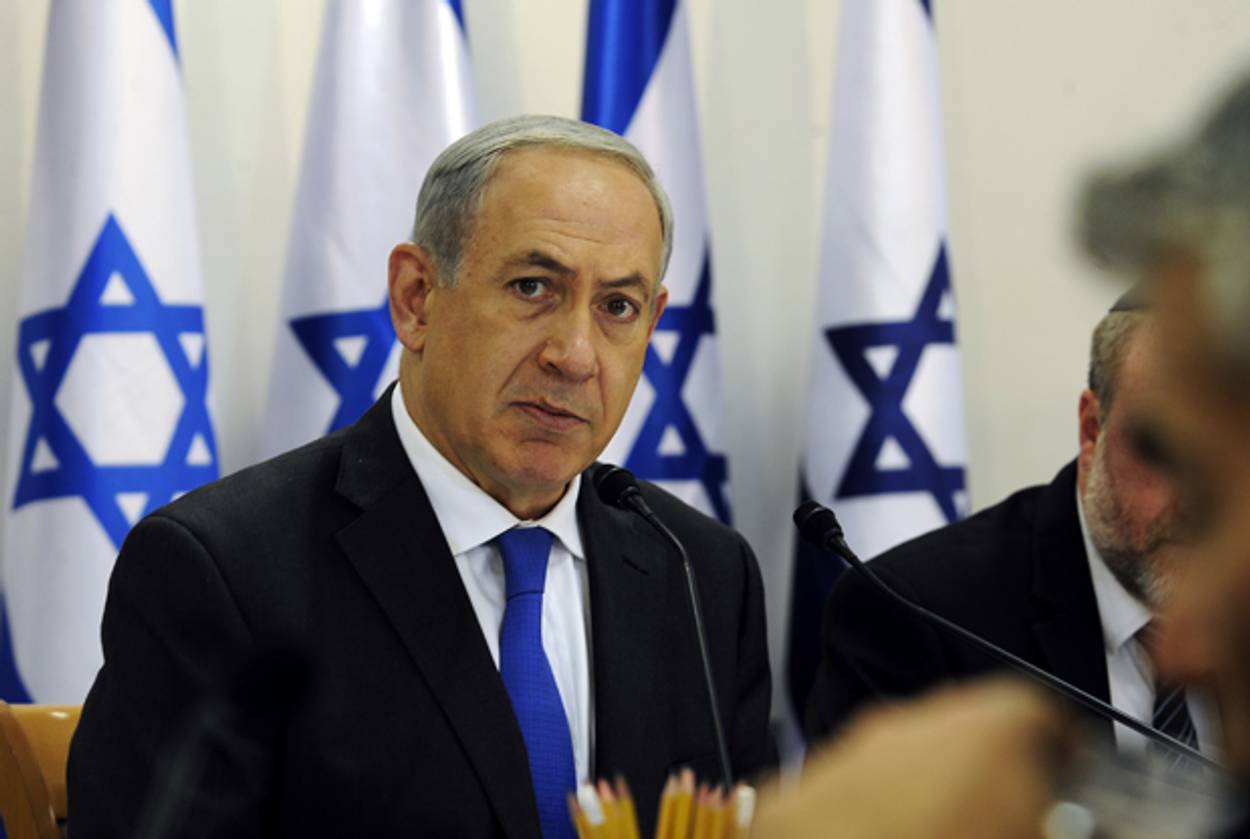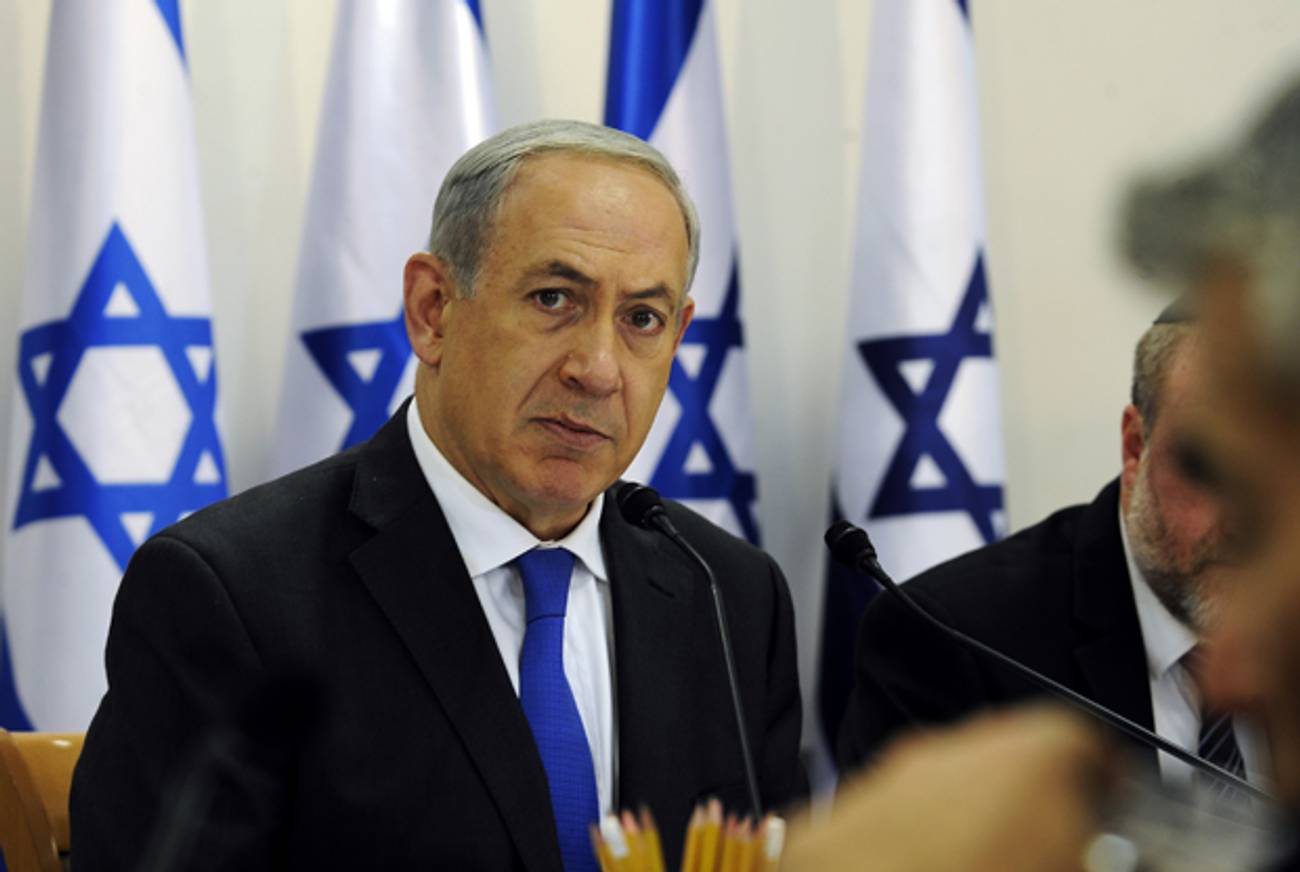Bibi Addresses the JFNA General Assembly
Discusses Iran’s nuclear threat, the Pew study, and the Western Wall




In Saturday’s Times of Israel, editor David Horovitz opined that on Friday, interacting with the media after talks with John Kerry, “[Bibi] Netanyahu spoke with the panicked air of a Jewish leader who…proved incapable of learning from history…”
As he opened this year’s GA, Bibi Netanyahu acted like a man with a parched throat who had arrived at an oasis. Israel’s Prime Minister, locked between the increasing pressure to approve a deal to lift economic sanctions on Iran, and U.S. lobbying to reach a peace agreement with the Palestinians, was the opening speaker at the 82nd annual General Assembly of the Jewish Federations of North America. The GA, usually held in a North American city, convenes every fifth year in Israel.
Netanyahu entered the main hall at Jerusalem’s Convention Center to a rapturous standing ovation from the close to 3,500 delegates, and seemed to relish the opportunity to address the attendees who he described as “…one big Jewish family.”
For the first 10 minutes of his 40 minute talk, the prime minister eschewed the podium marked with the symbolic menorah and wreath symbol of the State of Israel and flanked by two TelePrompTers, and stood off to one side to deliver a seemingly off-the cuff briefing on the imperative to halt the Iranian nuclear quest.
Netanyahu wasted no time in invoking the Holocaust: “When the Jewish people were silent,” he intoned, “you know what happened.” He insisted that Iran must be compelled to “dismantle its enrichment capacities.” He described Iran as a country that “practices terror—as we speak—on five continents,” and intends to put “nuclear tipped warheads on Intercontinental Ballistic Missiles that will soon be able to reach North America.” He spoke of his long-held belief that crippling economic sanctions, coupled with a credible military threat could strip Iran of its nuclear capability and added, “Now, when Iran is on the ropes…now you let up? It’s important to have steady nerves and a firm purpose.”
The remainder of his talk amounted to a history lesson on the dangers that Israel has faced and overcome in the years since his family arrived in then Palestine in 1921, and describing the two-state solution that he favors to bring about peace. He stressed the vigilance that he says prevents him from accepting anything less than “mutual recognition of two states and robust security arrangements,” noting that “it cannot be that the Palestinians are forever pampered by the International community.” Netanyahu allowed himself a moment of dark humor when, after decrying the Palestinians’ “state-controlled media,” he paused, and, alluding to his own battles with the Israeli media, said “state-controlled media, what a wonderful term!”
Clearly relishing the opportunity to address a sympathetic audience, the prime minister brought up an issue on the minds of many delegates when he stated that “the Kotel belongs to all the Jewish people,” and even referenced the Pew report by acknowledging that “we’ve read the recent polls and are working on new proposals to help solidify the conviction and the core identity of the Jewish people.” One may or may not think Netanyahu should be “panicked,” but he seems to have come to his own conclusion. In the end, he seemed nothing if not a man becalmed; resolved.
Morton Landowne is the executive director of Nextbook Inc.